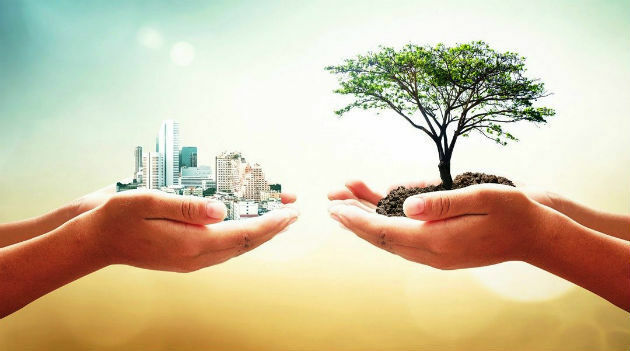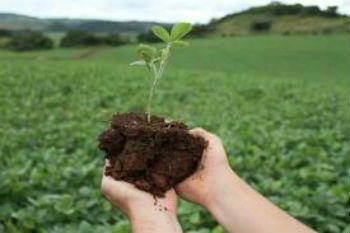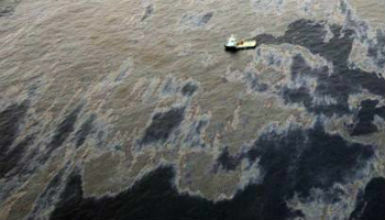THE Agenda 21 is a document signed by 179 countries during the "United Nations Conference on Environment and Development" or "ECO-92", held in the city of Rio de Janeiro.
Its main objective is to create solutions to the world's socio-environmental problems, based on the following thought: “think globally, act locally”.
This document is a political commitment that seeks to combine economic development with environmental and social cooperation. For this, specific strategies, plans and policies are needed in each location where the agenda is applied.
Themes
Agenda 21 consists of 40 chapters, divided into four sections, the topics covered by this document are:
- social and economic dimension
- poverty
- consumption
- sustainability
- sustainable development
- health
- environment
- atmosphere
- ecosystem
- desertification and dry
- agriculture and farmers
- rural development
- biological diversity
- biotechnology
- living resources
- seas and oceans
- enjoyment
- ecological management
- women
- childhood
- youth
- indigenous populations
- NGO
- workers and unions
- business
- industry
- scientific and technological community
- financing
- sustainable ecological technology
- education
- awareness
- cooperation
- international agreements
Also know about the 2030 Agenda.
The universe of themes addressed in Agenda 21 involves the social, economic, cultural, educational and environmental dimensions of populations.

In this case, sustainable development implies not only raising the population's awareness of the problems degradation, but also the recognition of minorities, for example, women and Indians.
Once recognition by the other is carried out, the population tends to live better in the diversity.
In addition to the social, environmental and cultural universe of the peoples, the educational process becomes so important because it works to raise social, environmental and cultural awareness in children and young people.
Agenda 21 represents an alliance between all peoples, an important and necessary instrument aimed at participatory planning in the construction of sustainable societies. It unites methods of environmental protection, social justice and economic efficiency.
Brazilian Agenda 21
The Brazilian Agenda 21 was created in 1996 by the Commission on Sustainable Development Policies and the National Agenda 21 (CPDS). Its objective is to confirm Brazilian society's commitments to sustainable development.
Effectively implemented in 2002, this instrument is based on the guidelines of the Global Agenda 21. In Brazil, the results are positive and grow more and more in a decentralized way, and thus, seeking to strengthen society and local power.
Many Brazilian municipalities adhered to Agenda 21 and committed to local development at the environmental, social, cultural, economic level, ensuring the sustainability of the community.
Therefore, the Brazilian Agenda 21 is an important instrument for citizen participation and collective action in favor of a sustainable society.
See too:
- Earth Charter
- Stockholm Conference



